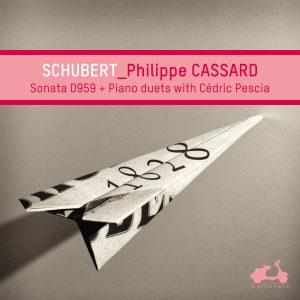Description
First of all, it was a foregone conclusion that Bianconi’s first Chopin disc would feature the ballades, given the place they have occupied for so long in his musical universe. He preferred to follow the ballades with an exploration of the later Chopin in the Fourth Scherzo and the Barcarolle. Chopin’s last years display an extraordinary evolution of his musical language, with a harmonic freedom and a refinement that look far into the future.
Having recorded the complete Debussy Préludes for La Dolce Volta in 2012, Philippe Bianconi was all the more likely to be alive to the extent to which the music of Chopin opens up new perspectives and heralds the innovations of musical Impressionism. In what ways this immersion in the Debussyan universe has influenced his approach to Chopin. The great harmonic freedom Chopin discovered in the course of his career was the very foundation of the attitude of Debussy, who went on to emancipate the language of music. One can add to this point a shared love of colour, of the instrument, a physical rapport with the keyboard, which is always coaxed, never treated aggressively.
The choice is evident: to speak before singing – which does not mean not to sing, but to sing in the shadows, in the darkness, with reserve. The result is like an etching, a refreshing change from so many performances that make the ballades seem like descriptive tone poems, and clearly brings out the structure, that hidden strength of Chopin’s music.
Pianism of such sombre radiance recalls the nature (though not the intentions) of Samson François’s playing, and shows the degree of maturity Philippe Bianconi has now attained. We are prepared to bet that, whatever repertory he may record next, you will be gripped by his personal universe.




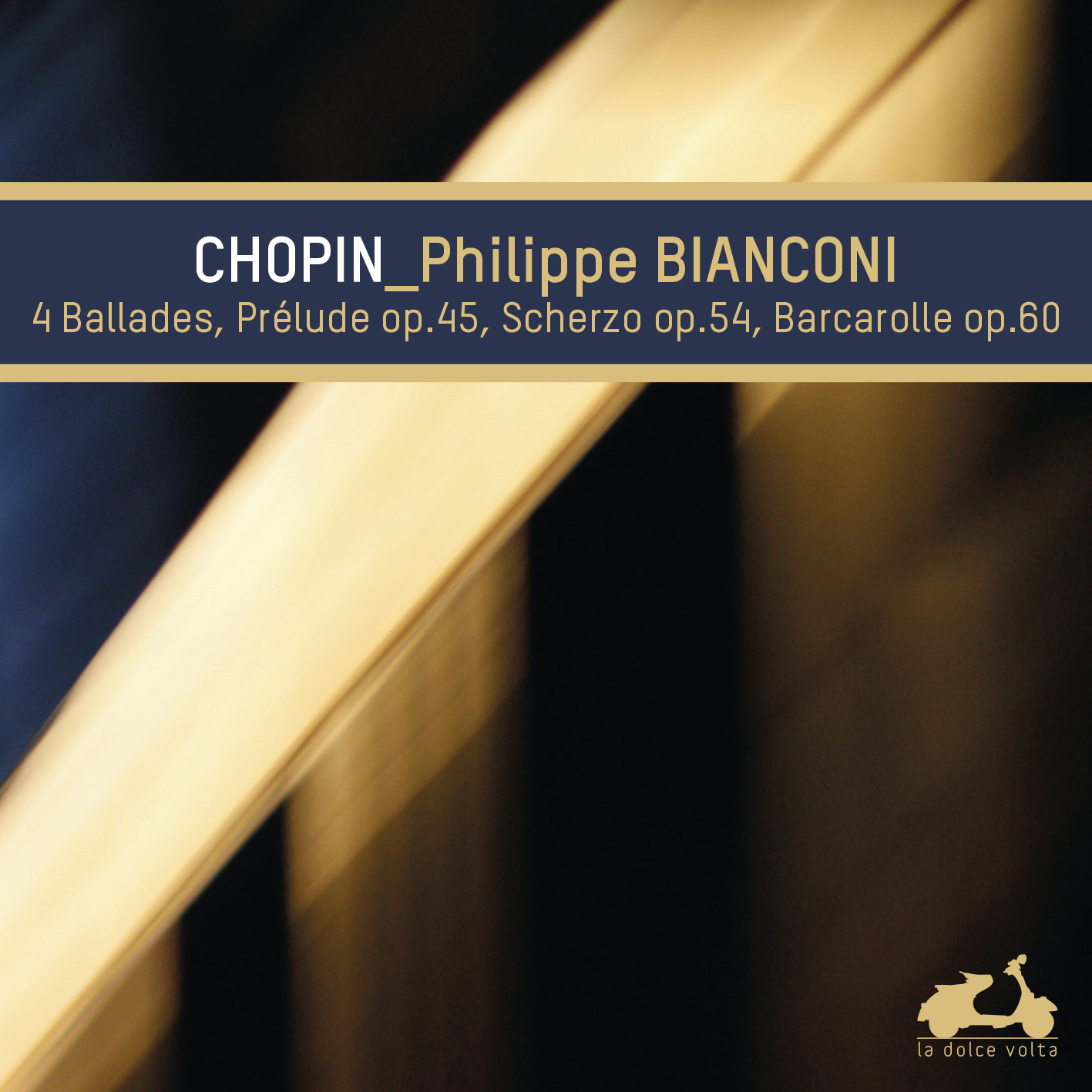
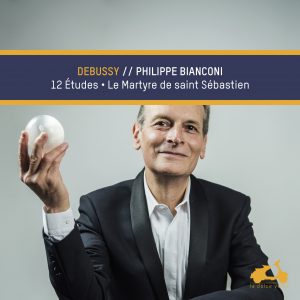 DEBUSSY // 12 Études - Le martyre de saint Sébastien
DEBUSSY // 12 Études - Le martyre de saint Sébastien 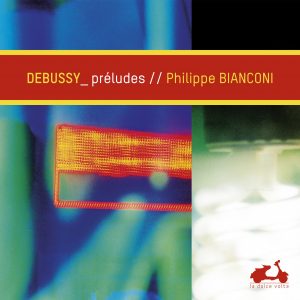 DEBUSSY // The 24 Preludes
DEBUSSY // The 24 Preludes 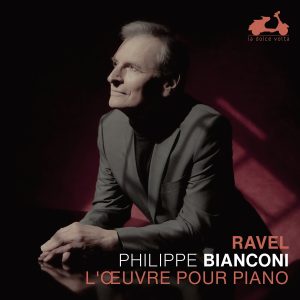 RAVEL // The solo piano works
RAVEL // The solo piano works 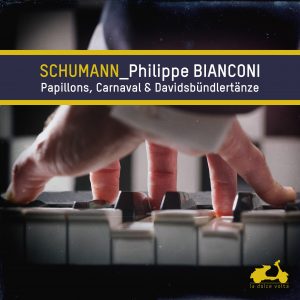 SCHUMANN // Papillons, Carnaval & Davidsündlertänze
SCHUMANN // Papillons, Carnaval & Davidsündlertänze 